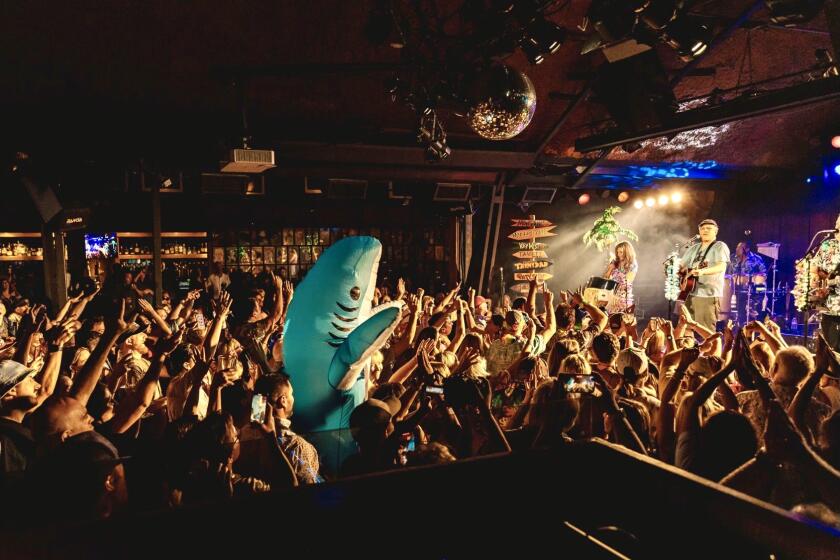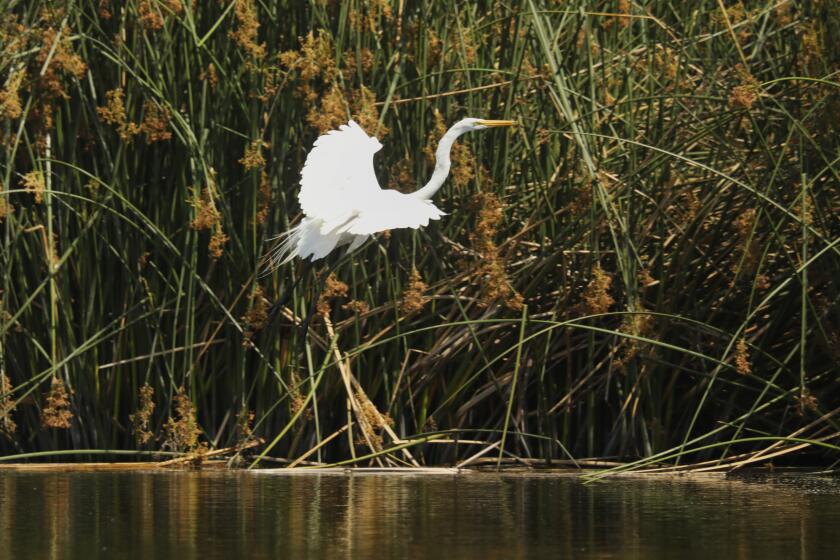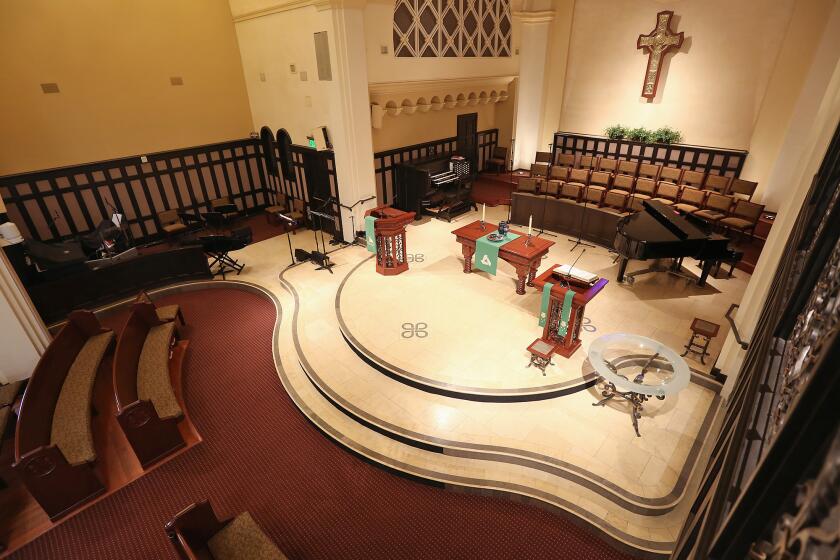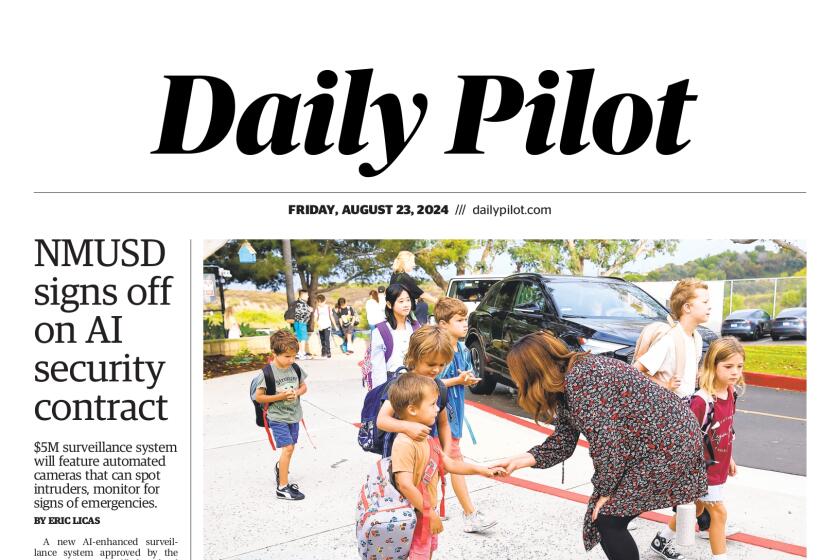Muslim-Jewish tension persists
A taped forum hosted in Costa Mesa this week by public radio station KPCC sought to address conflicts between the Muslim and Jewish communities at UC Irvine. But in the end, the discussion seemed only to distill the political disagreements that have them at loggerheads.
Former campus student leaders, community members, and Muslim and Jewish organization leaders met at South Coast Repertory’s Julianne Argyros Stage in front of an audience of 100 people to also find ways for students to interact more constructively.
The program was organized in response to tensions that have simmered at UCI since the arrests of Muslim Student Union members during a speech on campus in February by Israeli Ambassador Michael Oren.
The live-to-tape broadcast, which aired Tuesday morning on KPCC’s AirTalk program, featured a conversation with Salam Al-Marayati, executive director of Muslim Public Affairs Council; Omar Zarka, a former president of the Muslim Student Union and recent UCI graduate; Isaac Yerushamli, former president of Anteaters for Israel and a fifth-year UCI student; and David Lehrer, president of Community Advocates Inc., a Los Angeles organization that promotes community dialogue.
The discussion remained calm during the hourlong program, but tensions rose when the recording concluded and host Larry Mantle opened the floor to audience questions.
Representatives of the MSU and Anteaters for Israel brought up problems each group has with the university about issues such as access to meeting and event space, scheduling and representation on campus, but they disagreed on how to resolve hostility between Muslim and Jewish students.
While Yerushamli spoke of creating individual relationships between community members despite political disagreements, Zarka said he doubted students with such strong political stances can get along.
“If you identify yourself as a Zionist, then I have to react and interact with you with that in mind,” Zarka said. “You have chosen to identify yourself as such.”
Yerushamli, the former Anteaters for Israel president, accused Zarka of rebuffing his requests to hold events that might help improve relations.
He recalled meeting with Zarka and asking to collaborate for a barbecue with both groups. Zarka turned down this request, he said, and instead proposed a debate about political issues.
“In a … debate, students from each group will come out and support those they identify with, but won’t listen to the opposing viewpoint,” Yerushamli said. “It will only increase the polarization. A barbecue would allow both groups to interact and speak with each other on a personal level, something that isn’t happening otherwise.”
Zarka argued that because AFI is a political group and MSU is a religious group, the groups should interact about issues instead of over food.
Yerushamli also said that the current president of the MSU, Mohamed Abdelgany — one of the 11 students arrested during Oren’s speech — refused to collaborate with Jewish students on an initiative to raise money for children affected by the conflict in the Middle East.
Zarka dismissed accusations by Yerushamli that the MSU sponsors speakers with an anti-Semitic agenda.
“As a group, we do not support every word that comes out of a speaker’s mouth,” Zarka said.
Lehrer and Al-Marayati provided context to the discussion by speaking about the issues on a national and legal level, but they did not bring the same passion about campus issues as Yerushamli and Zarka.
Despite Mantle’s best efforts to encourage speakers to discuss ways students could improve relations, the conversation disintegrated into the student groups stating their fundamental differences: The MSU wants what it believes to be equal representation and fair debate on campus, while AFI wants the same, but not through the same forums.
One audience member asked Yerushamli and Zarka what three things they would like to see change on campus to improve relations.
Zarka asked for the university to eliminate favoritism in scheduling events on campus, to bring dignitaries from both sides to campus, and the chance for an open debate.
Yerushamli said he just wants students from both organizations to be friends, citing a lack of interaction as the main factor in the recent tensions.
The KPCC AirTalk forum has been in the works since the incident at Oren’s Feb. 8 speech at UCI. Neither UCI nor the city of Irvine showed interest in hosting the event, and due to scheduling, it was delayed.
The students arrested at Oren’s speech did not speak at the forum because their attorney, Reem Salahi, did not want them to implicate themselves. Zarka was asked to participate in their place.
All the latest on Orange County from Orange County.
Get our free TimesOC newsletter.
You may occasionally receive promotional content from the Daily Pilot.



